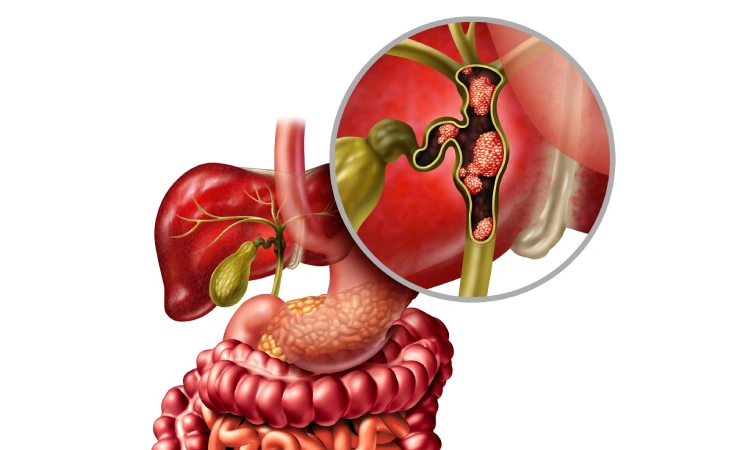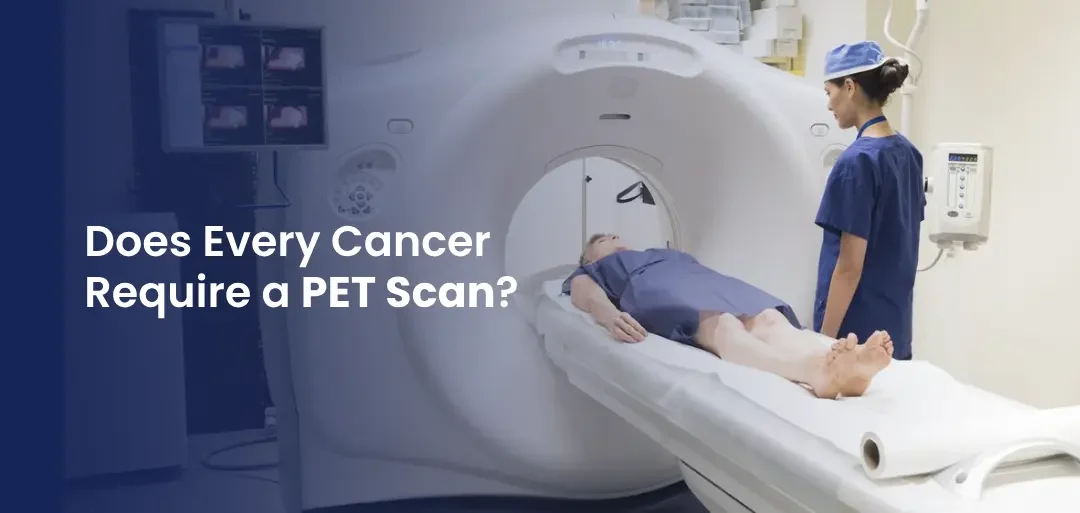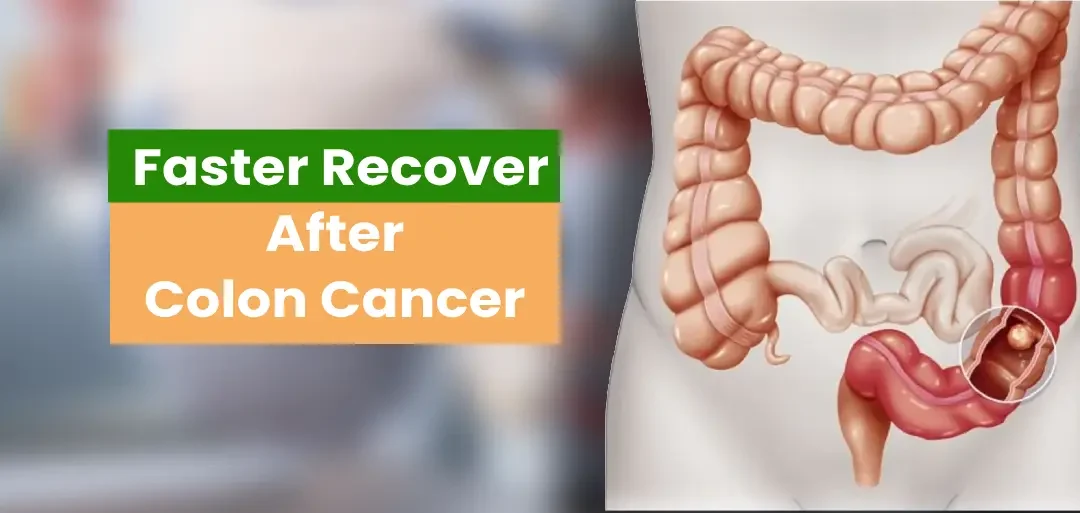If you’ve recently noticed that your stools have turned black, it’s natural to wonder if it’s a cause for concern. In India, where digestive health issues affect about 30% of adults, stool color can be an important indicator of overall well-being. While black stools can sometimes be traced to dietary factors or medications, they may also signal more serious conditions, such as gastrointestinal bleeding. Recognizing the reasons behind this change and knowing when to consult a specialist can be essential for early detection and timely care.
What Could Be Causing My Stool to Turn Black?
The appearance of tarry or black stools is often linked to bleeding in the upper gastrointestinal (GI) tract, such as the stomach or small intestine. As blood moves through the digestive tract, it undergoes digestion and darkens, resulting in a black color by the time it exits the body. Although dietary factors and medications can also cause black stool, persistent changes may require medical attention to rule out serious issues like GI bleeding.
Could My Diet or Supplements Be Affecting Stool Color?
Yes, certain foods and supplements can lead to darker stool. Items like black licorice, blueberries, and dark chocolate, as well as iron supplements and medications containing bismuth (e.g., Pepto-Bismol), are common culprits. If these items are part of your diet, stopping them may return your stool to a normal color. However, if black stools continue after making dietary changes, it’s wise to consider further investigation.
What Digestive Issues Can Lead to Black Stools?
Several conditions affecting the stomach and intestines can cause black stools due to bleeding. Here are some of the main conditions to be aware of:
- Stomach Ulcers
Ulcers are sores on the stomach’s inner lining, often caused by excess stomach acid. When these sores bleed, they can lead to tarry, black stools. Other symptoms may include burning stomach pain, nausea, or bloating. - Severe Gastritis
Gastritis, the inflammation of the stomach lining, may lead to bleeding in severe cases, particularly when aggravated by irritants like alcohol, aspirin, or steroids. Black stools, along with stomach discomfort or bloating, may be signs of bleeding due to gastritis. - Gastric Varices
Gastric varices, or enlarged veins in the stomach or esophagus, often result from liver damage or cirrhosis. If these veins rupture, they can cause significant bleeding that may appear as black stools. - Cancers in the Stomach and Periampullary Area
Some cancers, such as stomach or periampullary cancer, may lead to black stools if bleeding occurs internally. Other symptoms may include unexplained weight loss, fatigue, or abdominal pain, which should prompt further evaluation by a healthcare provider.
Is There a Link Between Black Stools and Cancer?
Seeing black stools can understandably cause concern about cancer. While black stools alone aren’t a definitive sign of cancer, they may be a symptom of certain types, such as stomach cancer. A cancer diagnosis is based on various clinical tests and evaluations rather than stool color alone. Black stool may prompt your doctor to investigate further, but it is not solely relied upon as an indicator of cancer.
When Should Black Stools Raise Concern?
If your black stools persist over a few days or come with additional symptoms like abdominal pain, nausea, fatigue, or vomiting, it’s a good idea to consult a healthcare provider. Consistent black stools or stools with associated symptoms could indicate a GI issue that needs prompt attention.
What to Do If You Notice Black Stools?
- Check Your Diet and Medications: Identify any foods, supplements, or medications that might cause black stools.
- Monitor Symptoms: Note any additional signs like stomach pain, nausea, or fatigue.
- Seek Medical Advice: If black stools persist without a clear cause, consult a healthcare provider.
- Follow Treatment Plans: Adhere to any prescribed treatment or lifestyle adjustments for effective management.
- Stay Hydrated: Drink plenty of water to support digestion and overall health.
- Limit Alcohol and NSAIDs: Reduce intake of alcohol and NSAIDs, as they can irritate the stomach lining.
- Track Stool Color and Frequency: Keep a brief record to identify patterns that may assist in diagnosis.
- Get Regular Checkups: Routine health screenings can help detect underlying issues early on, even if symptoms seem minor.
What Treatment Options Exist for Persistent Black Stools?
Treatment for black stools depends on the underlying cause, as outlined below:
- Dietary and Supplement Adjustments: If black stools are due to certain foods or supplements, stopping these items often resolves the issue. This is generally the first approach if diet-related causes are suspected.
- Medications: If bleeding ulcers or gastritis is diagnosed, medications can reduce stomach acid, while antibiotics may treat bacterial infections (e.g., H. pylori) linked to ulcers.
- Endoscopic Treatment for Varices: In cases of gastric varices, endoscopic procedures may be necessary to prevent further bleeding. This treatment involves stopping the bleeding in the enlarged veins, often using a technique called endoscopic banding.
- Surgery or Targeted Therapies for Cancers: If black stools result from cancer, treatment may include surgery, chemotherapy, or radiation therapy. These targeted approaches address the underlying cancer while managing any symptoms, including bleeding.
How Can You Take Charge of Your Digestive Health with Expert Help?
If you’ve been experiencing persistent black stools or have related symptoms, seeking medical guidance can provide peace of mind and effective solutions. Consulting a specialist like Dr. Ganesh Nagarajan, top Onco Surgeon in Mumbai, can help you gain clarity and receive the necessary treatment. With over 18 years of experience in Gastrointestinal and Hepatobiliary Pancreatic surgical oncology, Dr. Ganesh Nagarajan has the expertise to provide comprehensive assessments and personalized care for complex digestive health issues.
Taking a proactive approach by consulting with experienced specialists like Dr. Nagarajan can ensure early diagnosis and timely treatment, safeguarding your overall health. Schedule a consultation today to understand the cause of black stools and address any underlying health conditions. Early intervention can make a lasting impact on your well-being, helping you lead a healthier, more confident life.














